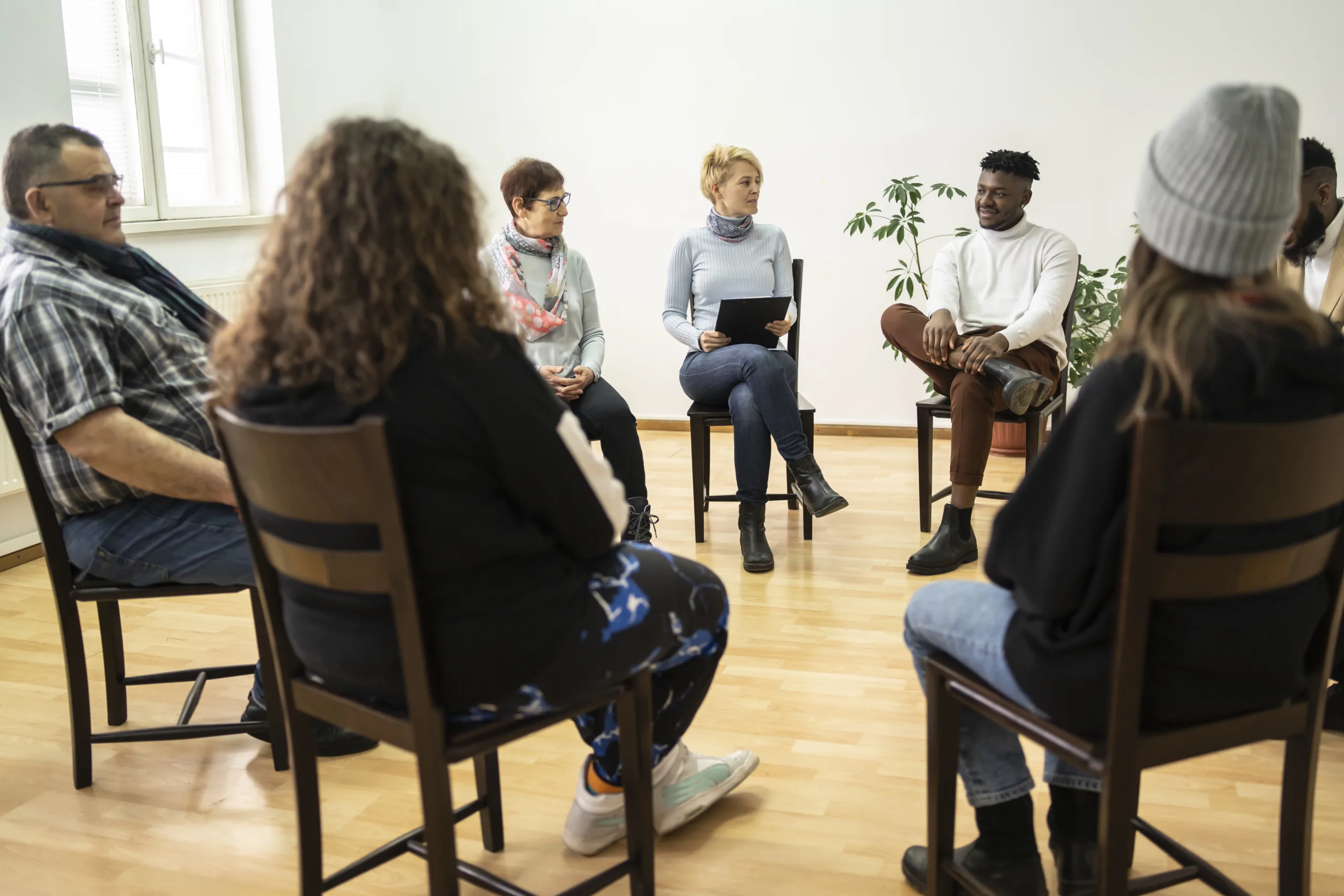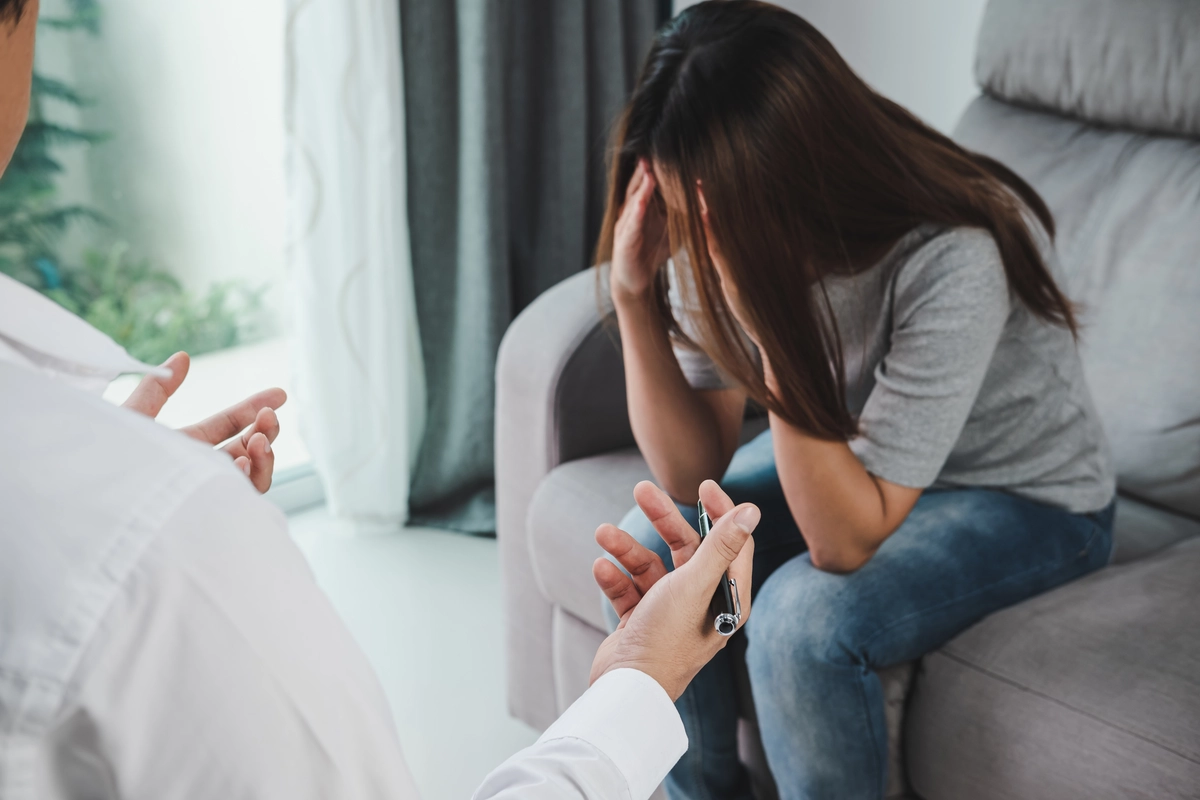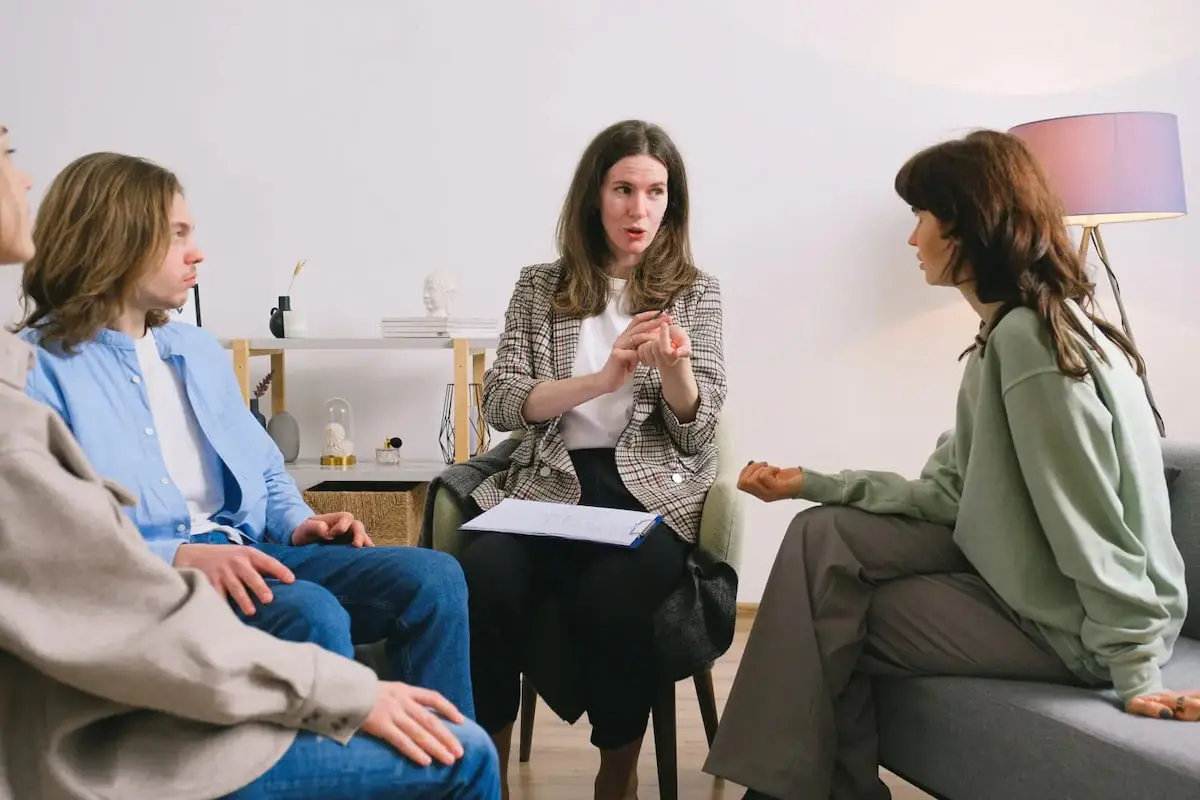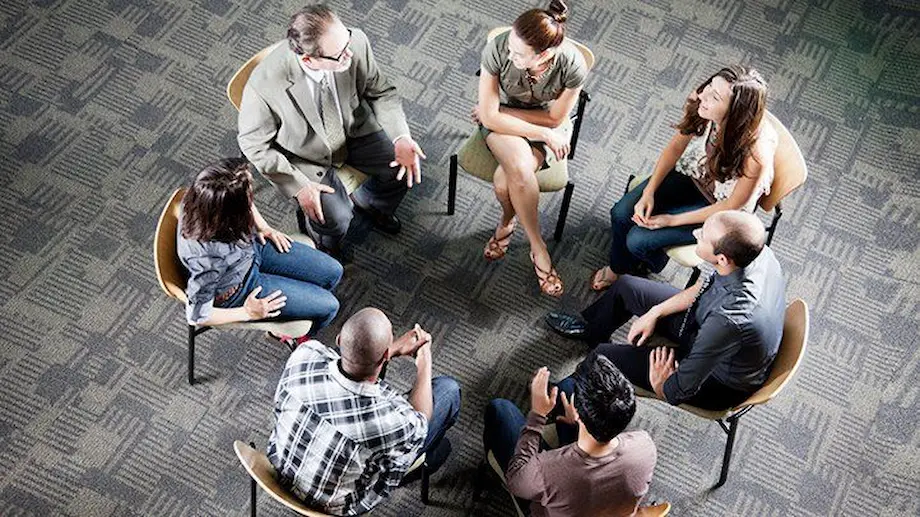24/7 Helpline:
(866) 899-221924/7 Helpline:
(866) 899-2219
Learn more about Klonopin Rehab centers in Oscoda County
Klonopin Rehab in Other Counties

Other Insurance Options

Magellan Health

CareFirst

Sliding scale payment assistance

Access to Recovery (ATR) Voucher

Self-pay options

BlueCross

UMR

BlueShield

Aetna

Humana
Beacon

Anthem

Carleon

Evernorth

United Health Care

Medical Mutual of Ohio

Ceridian

EmblemHealth

Cigna

Multiplan

AuSable Valley Community Mental Health
AuSable Valley Community Mental Health is a public rehab located in Mio, Michigan. AuSable Valley Co...




















